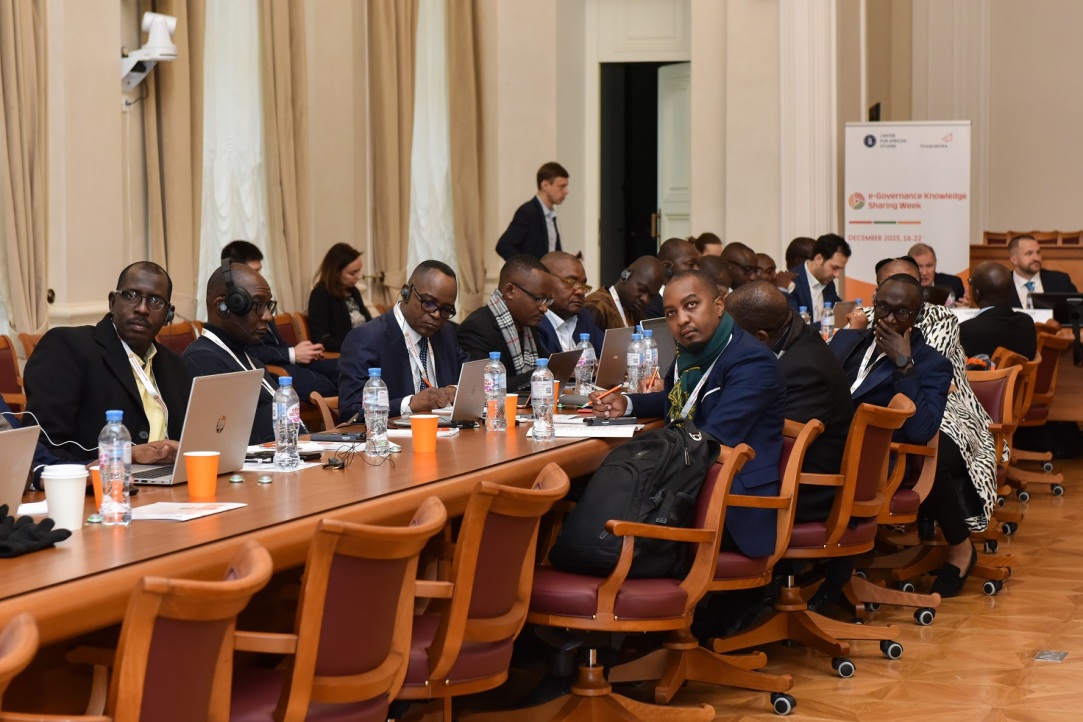
Russia and Africa: Sharing Knowledge in Digitalisation
A school focusing on the digitalisation of public administration for civil servants from African countries was held in Moscow in December 2023. The school proved the high demand for Russian training programmes — representatives of 23 countries and 3 international organisations received certificates following advanced training.
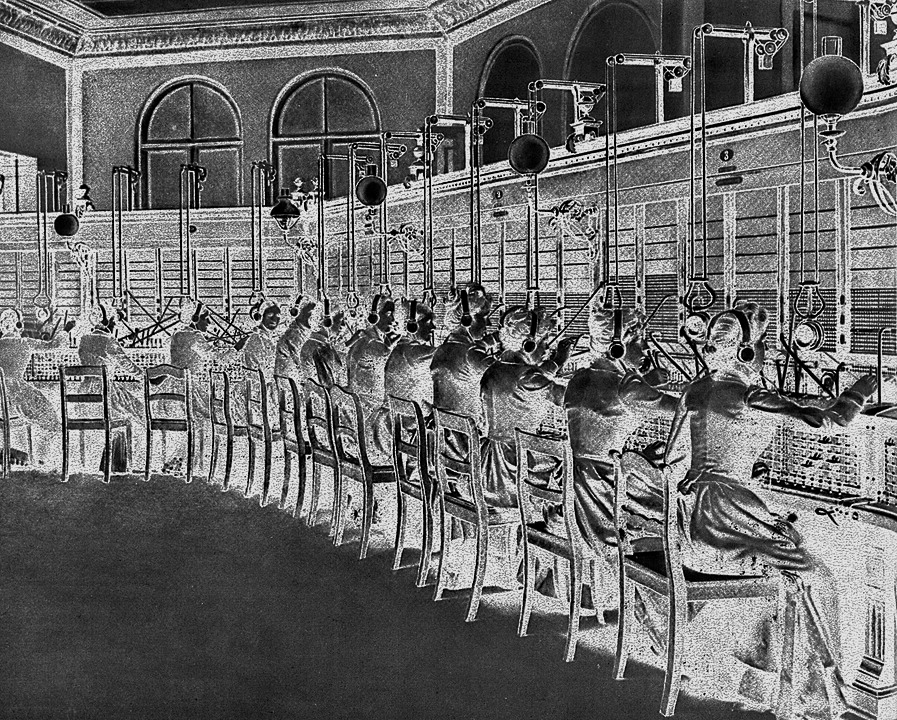
How the Telephone Conquered the World. Episode Seven: German Efficiency
The history of the invention of telephony reads like a captivating detective novel, but even more intriguing are the events that contributed to the worldwide adoption of this technology. In this series of columns on IQ.HSE, Anton Basov, HSE Faculty of Computer Science editor, discusses how telephones have become an integral part of our everyday life. The seventh episode in the series recounts the story of German bureaucrats, who proved to be the most astute in Europe by ensuring effective telephony first for themselves and subsequently for all major cities in Germany. However, even there, the government's dominant role over the free market slowed down the adoption of the new technology.
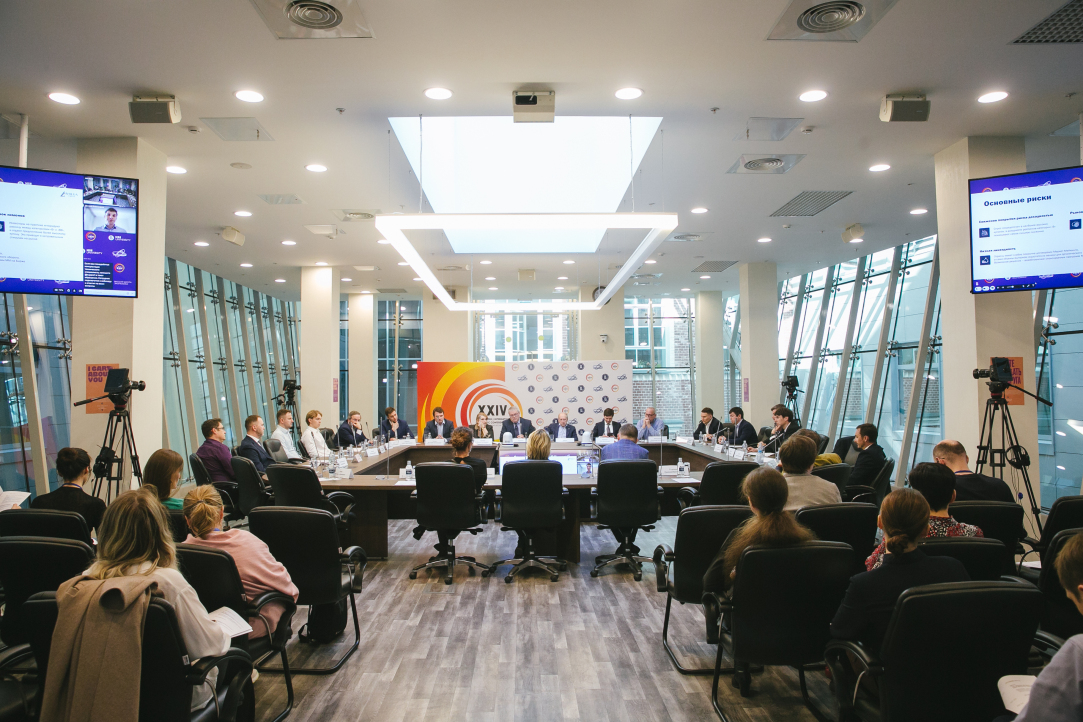
25th Yasin (April) International Academic Conference Now Accepting Proposals
Reports on new research results will be presented and discussed as part of the conference’s sections. These reports will be selected based on reviews of proposals. As always, the conference programme features expert discussions of the most pressing economic, social, internal and external issues in the format of roundtables and associated events.
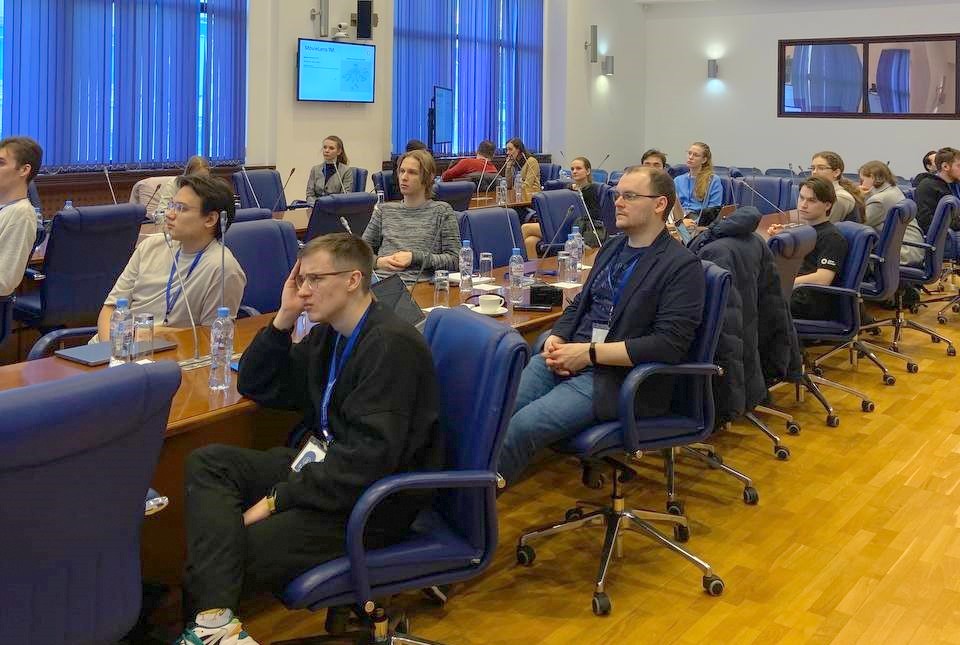
The Secret to Success: How Recommender Systems Are Changing Industry
A scientific conference dedicated to the young and actively developing field of recommender systems was held at HSE University. Representatives of the scientific community and industry gathered at the site to exchange cutting-edge ideas and best practices, as well as discuss opportunities to implement new technologies in real-life business scenarios.

HSE University Urban Planners Take Part in Global Mayors’ Forum in Guangzhou, China
A team from HSE University's Faculty of Urban and Regional Development took part in the Global Mayor’s Forum—a global event in urban development. Held in December 2023 in Guangzhou (PRC), the largest congress of urban planners brought together more than 800 guests from 65 cities and 37 countries, as well as nine international organisations.
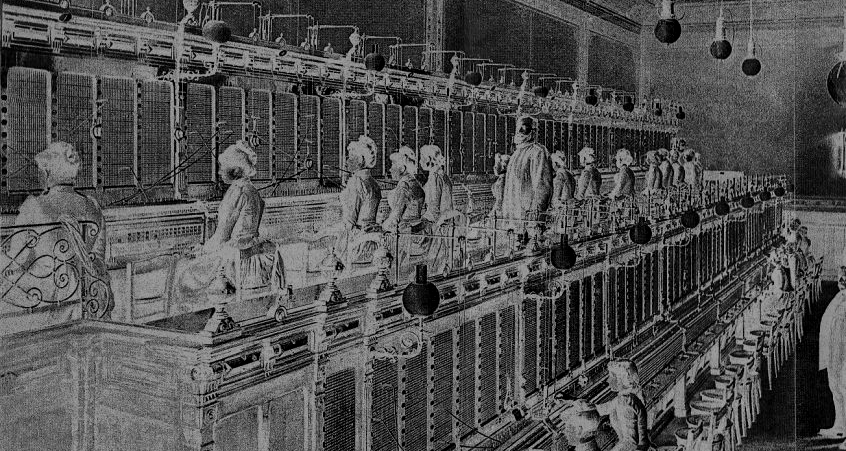
How the Telephone Conquered the World. Episode Six: The Telephone's Misadventures in France
The history of the invention of telephony reads like a captivating detective novel, but even more intriguing are the events that contributed to the worldwide adoption of this technology. In this series of columns on IQ.HSE, Anton Basov, HSE Faculty of Computer Science editor, discusses how telephones have become an integral part of our everyday life. The sixth episode of the series recounts events in France when the private owner of the telephone network was compelled to sell it to the government at a knockdown price, and the impact it had on the development of communications in the country. Spoiler alert: the impact, naturally, was detrimental.
%20%D0%9F%D0%BE%D0%BF%D1%86%D0%BE%D0%B2%D0%B0.jpg)
'We Are on Track towards Personalised Medicine'
The International Laboratory of Bioinformatics of the HSE Faculty of Computer Science and its partners in the Genetics of Cardiovascular Diseases Consortium are working on a new project titled ‘From Sequencing to the Development of a Cardiogenetic Test’ (in Russian). The Head of the International Laboratory of Bioinformatics, Maria Poptsova, talks about the project, the results obtained, and plans for the future.
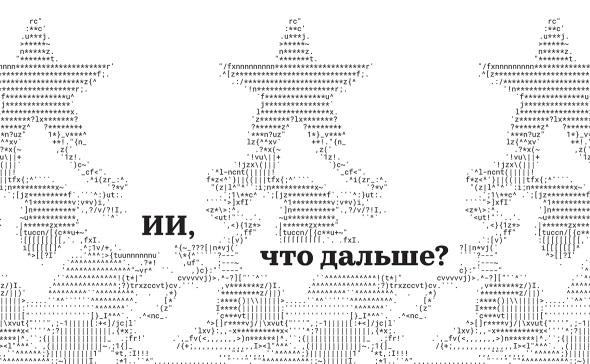
What Will 2024 Be Like? The Forecast by iFORA
RBC journalists decided to ask Russian artificial intelligence systems what 2024 will be like. Four leading Russian companies and HSE University took part in the project. The questions were answered by the iFORA big data intelligent analysis system developed by HSE ISSEK.
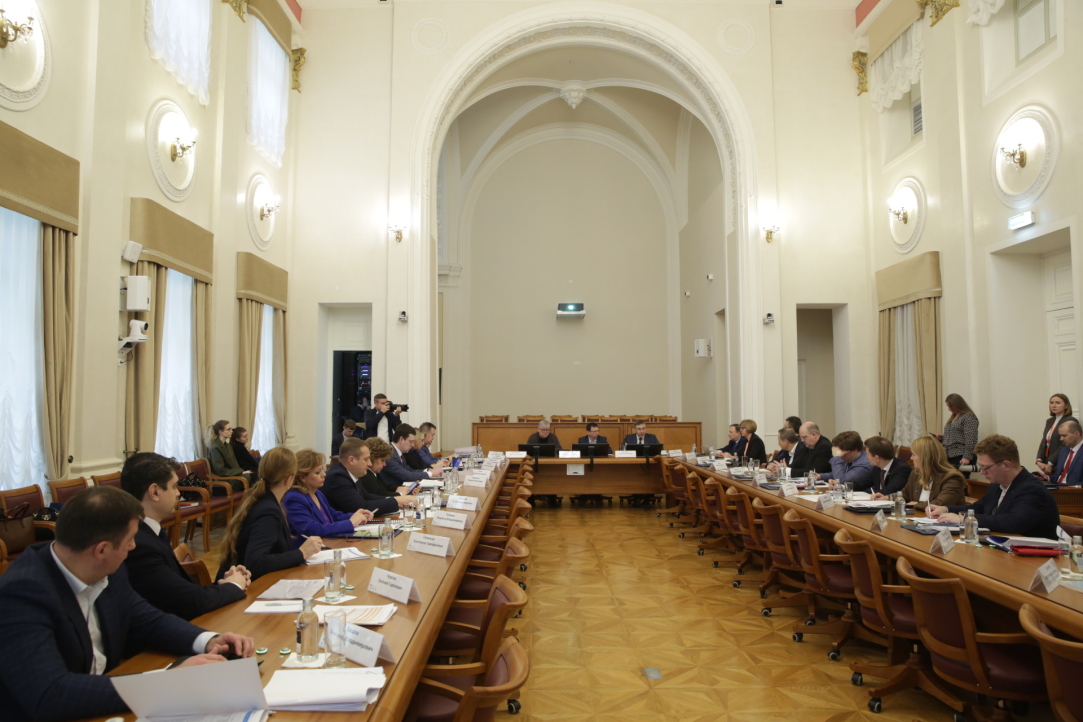
‘The Open Doors Olympiad Is a Tool that Helps to Select the Best Students and Ensures Our Stable Development in Science’
A meeting of the Association of Global Universities was held in the White Hall of the Durasov House at HSE University. The participants welcomed new members of the association, summed up the results of the work in 2023 and outlined goals for the next year. They paid special attention to the International Open Doors Olympiad, which attracts students from all over the world. Interest in the Olympiad is growing as foreign applicants get the opportunity to study at leading Russian universities for free.
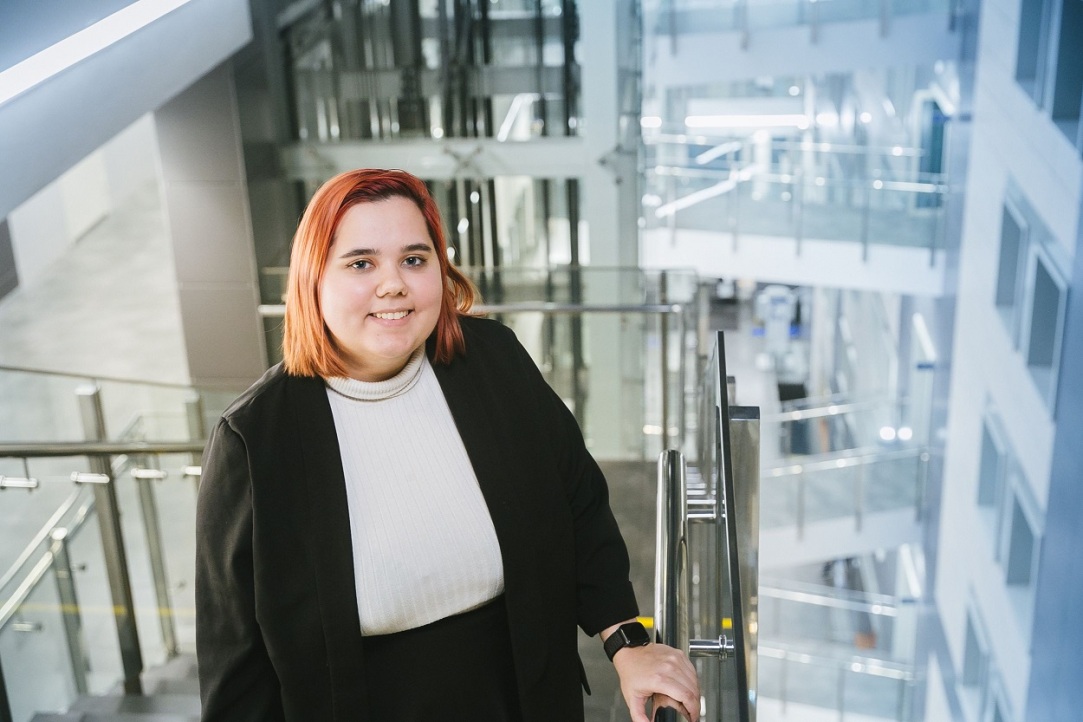
'There Is Nothing Absolute in People's Behaviour'
Daria Tabashnikova studies sports economics and constructs mathematical models for predicting athletes' behaviour. In her interview with the HSE Young Scientists project, she speaks about double-elimination tournaments, her love of checkers, and game theory stickers.


Deadline for applications to present academic reports - January 20, 2025